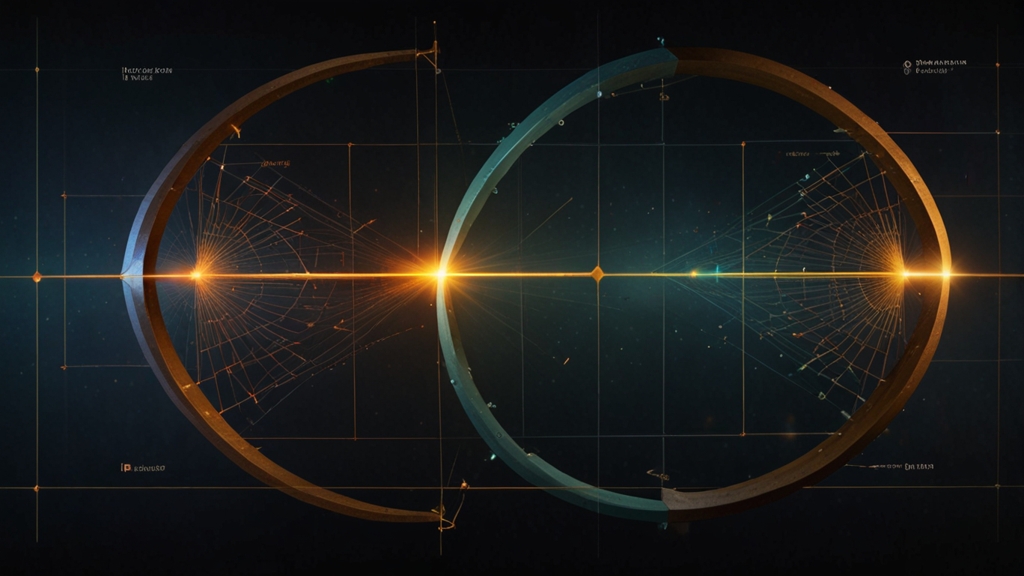Introduction
World War II, one of the most devastating conflicts in human history, not only reshaped borders and societies but also had a profound impact on global politics for generations. The war acted as a catalyst for significant geopolitical shifts, the repercussions of which are still evident today. This article delves into how the outcome of World War II reshaped international relations and political landscapes across the world.
The Rise of the United States and the Soviet Union
The end of World War II saw the emergence of the United States and the Soviet Union as the two superpowers, a stark contrast to the multipolar world that existed before the war. The immense economic and military strengths of both nations positioned them as dominant forces in global politics.
The shift marked the beginning of the Cold War, a prolonged period of political tension, military build-up, and ideological competition between the capitalist West led by the United States and the communist East led by the Soviet Union.
This bipolar world order defined international relations for much of the latter half of the 20th century, influencing global alliances, wars, and the spread of ideologies.
Decolonization and the Emergence of New Nations
World War II also accelerated the process of decolonization. European powers, weakened by the war, could no longer maintain their vast colonial empires. This resulted in a wave of independence movements across Asia, Africa, and the Middle East.
The formation of new nations altered the geopolitical landscape significantly, giving rise to new political dynamics and regional conflicts while contributing to the global shift in power.
These newly independent states often found themselves navigating the complexities of the Cold War, frequently becoming arenas for proxy conflicts between the superpowers.
Institutional Shifts and the Creation of the United Nations
One of the most significant political outcomes of World War II was the establishment of the United Nations (UN) in 1945. The UN was founded with the aim of preventing future conflicts and fostering international cooperation.
The creation of such an institution aimed to ensure collective security, promote human rights, and provide a platform for dialogue and diplomacy. It represented a fundamental shift from the interwar period’s League of Nations, which had failed to prevent the outbreak of World War II.
The Economic Repercussions
The global economic order underwent a massive transformation post-World War II. Initiatives like the Marshall Plan, which provided aid to war-torn European countries, facilitated economic recovery and stability. This helped solidify the United States' influence in Europe and countered the spread of communism.
The Bretton Woods Conference in 1944 established crucial financial institutions, such as the International Monetary Fund (IMF) and the World Bank, laying the groundwork for a more interconnected global economy.
The aim was to prevent the economic conditions that had led to the war, fostering a stable environment for international trade and economic growth.
The Long-Term Impact
The consequences of World War II have had lasting effects that continue to shape global politics. The Cold War might have ended with the dissolution of the Soviet Union in 1991, but the political frameworks, alliances, and institutions established in the war’s aftermath remain influential.
Moreover, the principles of self-determination and decolonization set the stage for numerous independence movements and have continued to influence international relations and conflicts.
Conclusion
World War II undeniably reshaped global politics in profound and enduring ways. From the rise of superpowers and the onset of the Cold War to the wave of decolonization and the creation of international institutions, the war's aftermath redefined how nations interact on the global stage. Understanding these changes is crucial to comprehending the contemporary political climate and the historical forces that have shaped it.











